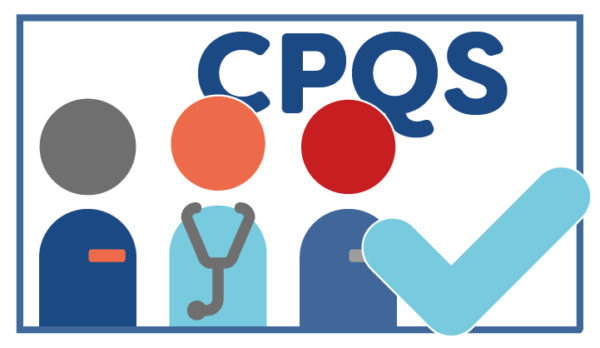Requests involving medical records
Request for access to medical records
The information on file may answer questions you have about care and services provided and may help you understand a situation that concerns you.
If you are 14 or older, you have the right to:
- Confidentiality
- Access your records in a timely manner
- Have your records transferred
- Be assisted by a professional
- Appeal the decision if you are refused access to your records
The CAAP can help you draft your request to access your records. Since you usually get a copy of your file or part of it, there may be photocopying fees associated with your request. You can ask to be notified of any costs before the documents are copied.
If your request is denied, you have the right to seek remedy from Commission d’accès à l’information.
Request to correct information
If you request to access your medical record and find incomplete, inaccurate, ambiguous, or outdated information, you can request the record be corrected. Such a request must be about facts, for example if the doctor wrote down that they operated on your right hand when it was your left hand, a date is wrong, or you are no long taking certain medication.
In principal, professional opinions in your records cannot be modified. For example, a patient’s symptoms, a clinical hypothesis, an assessment, or medical diagnosis. You can, however, get a second opinion for another professional which would be recorded in the file. You can also add notes to your records about things you find inappropriate.
Requests should be addressed in writing to the person responsible for access to documents (commonly referred to as “archives”) at the facility holding your records. We can help you draft your request. Call us!

